The Bells of Nagasaki
Takashi Nagai
1949
Translated by William Johnston
August 9, 2012 marks the sixty-seventh anniversary of our dropping the atomic bomb which destroyed Nagasaki, Japan.
The Bells of Nagasaki was written by a physician who was a survivor of that explosion. Takashi Nagai was a professor of Radiology at the University of Nagasaki, and was approximately seven hundred yards from the epicenter of the blast. Despite his own injuries, he and other staff at the University began to help the wounded. His account of the struggle to care for the wounded after the explosion is sobering. He tells of going into a storeroom to gather emergency supplies, but instead found nothing but destruction:
"Was it not for today that we assembled all this material? Was it not for today that we practiced with those stretchers and gave all those lectures on relief work? And now we were confronted with total failure....It was really primitive medicine that we were now reduced to. Our knowledge, our love, our hands - we had only these with which to save the people."
And that is what they did. The doctors, nurses, technicians, and medical students did what they could with what they had. Dr. Nagai had to stop working because he had been bleeding from a laceration on the side of his face. It was not until he passed out that his colleagues realized the seriousness of his injuries.
Nagai's wife, Midori, died in the explosion. When he recovered her body, her Rosary was still in her right hand. This woman and her family had a tremendous influence on Dr. Nagai's conversion to the Catholic Faith. Her family had been members of the Kakure Kirishitan, or 'Hidden Christians' who continued to follow the Catholic Faith after it was suppressed in the 1600's.
I have written before about the nuns of Compiegne praying and offering themselves up as a holocaust to end the Reign of Terror in France. It appears as if the Catholic community of Nagasaki had been offering themselves as a sacrifice as well during World War II. It makes sense that Nagasaki would have a kind of martyrs' vocation, as it was the site where St. Paul Miki and companions were crucified on a hill overlooking the city.
When he was baptized, Takashi Nagai took the Christian name 'Paul' in honor of St. Paul Miki. He meditated on the significance of men and women lifting their prayers up to God - offering themselves as a holocaust to the war - when he gave this speech at the funeral for the 8,000 Catholics who died in the bombing of Nagasaki:
Is
there not a profound relationship between the destruction of
Nagasaki and the end of the war? Nagasaki, the only holy place
in all Japan—was it not chosen as a victim, a pure lamb, to
be slaughtered and burned on the altar of sacrifice to expiate
the sins committed by humanity in the Second World War?
The
human family has inherited the sin of Adam who ate the fruit
of the forbidden tree; we have inherited the sin of Cain who
killed his younger brother; we have forgotten that we are children
of God; we have believed in idols; we have disobeyed the law
of love. Joyfully we have hated one another; joyfully we have
killed one another. And now at last we have brought this great
and evil war to an end. But in order to restore peace to the
world it was not sufficient to repent. We had to obtain God’s
pardon through the offering of a great sacrifice.
Before
this moment there were many opportunities to end the war. Not
a few cities were totally destroyed. But these were not suitable
sacrifices; nor did God accept them. Only when Nagasaki was
destroyed did God accept the sacrifice. Hearing the cry of the
human family, He inspired the emperor to issue the sacred decree
by which the war was brought to an end.
Our
church of Nagasaki kept the faith during four hundred years
of persecution when religion was proscribed and the blood of
martyrs flowed freely. During the war this same church never
ceased to pray day and night for a lasting peace. Was it not,
then, the one unblemished lamb that had to be offered on the
altar of God? Thanks to the sacrifice of this lamb many millions
who would otherwise have fallen victim to the ravages of war
have been saved.
How
noble, how splendid was that holocaust of August 9, when flames
soared up from the cathedral, dispelling the darkness of war
and bringing the light of peace! In the very depth of our grief
we reverently saw here something beautiful, something pure,
something sublime. Eight thousand people, together with their
priests, burning with pure smoke, entered into eternal life.
All without exception were good people whom we deeply mourn.
How
happy are those people who left this world without knowing the
defeat of their country! How happy are the pure lambs who rest
in the bosom of God! Compared with them how miserable is the
fate of us who have survived! Japan is conquered. Urakami is
totally destroyed. A waste of ash and rubble lies before our
eyes. We have no houses, no food, no clothes. Our fields are
devastated. Only a remnant has survived. In the midst of the
ruins we stand in groups of two or three looking blankly at
the sky.
Why
did we not die with them on that day, at that time, in this
house of God? Why must we alone continue this miserable existence?
It
is because we are sinners. Ah! Now indeed we are forced to see
the enormity of our sins! It is because I have not made expiation
for my sins that I am left behind. Those are left who were so
deeply rooted in sin that they were not worthy to be offered
to God.
We
Japanese, a vanquished people, must now walk along a path that
is full of pain and suffering. The reparations imposed by the
Potsdam Declaration are a heavy burden. But this painful path
along which we walk carrying our burden, is it not also the
path of hope, which gives to us sinners an opportunity to expiate
our sins?
“Blessed
are those that mourn for they shall be comforted.” We must walk
this way of expiation faithfully and sincerely. And as we walk
in hunger and thirst, ridiculed, penalized, scourged, pouring
with sweat and covered with blood, let us remember how Jesus
Christ carried His cross to the hill of Calvary. He will give
us courage
“The
Lord has given: the Lord has taken away. Blessed be the name
of the Lord!”
Let
us give thanks that Nagasaki was chosen for the sacrifice. Let
us give thanks that through this sacrifice peace was given to
the world and freedom of religion to Japan.
May
the souls of the faithful departed, through the mercy of God,
rest in peace. Amen.
This book gives one much to think about. Along with John Hersey's Hiroshima and some other books, Takashi Nagai gives a brutally frank description of the massive destruction that followed the use of an atomic bomb on a city. But I wonder if this destruction is any worse than, say, the saturation bombing of Dresden, or London, or whatever city one may care to name. Even one grenade or bullet could have just as serious an outcome, only to fewer people.
This book did not change my thoughts on war. I recall that I when served in the Air Force, we were advised to remember that even though we were doctors, we still were part of the government which specialized in killing people and blowing things up. We were advised to think about this seriously and leave if this mission were not compatible with our beliefs. I stuck around.
I strongly recommend this book for several reasons. One is for those who are considering a military career. The other is that Takashi Nagai's book is inspirational, as it shows how people can overcome tremendous obstacles that are put in their way. I could only hope to continue on as Dr. Nagai and his comrades did.
Stephen M. Donahue








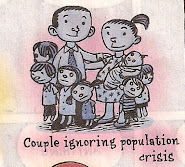
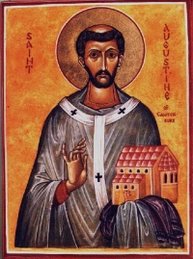



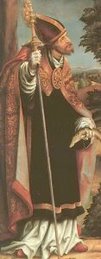
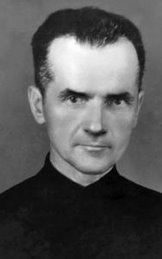

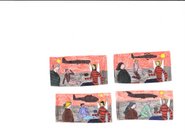
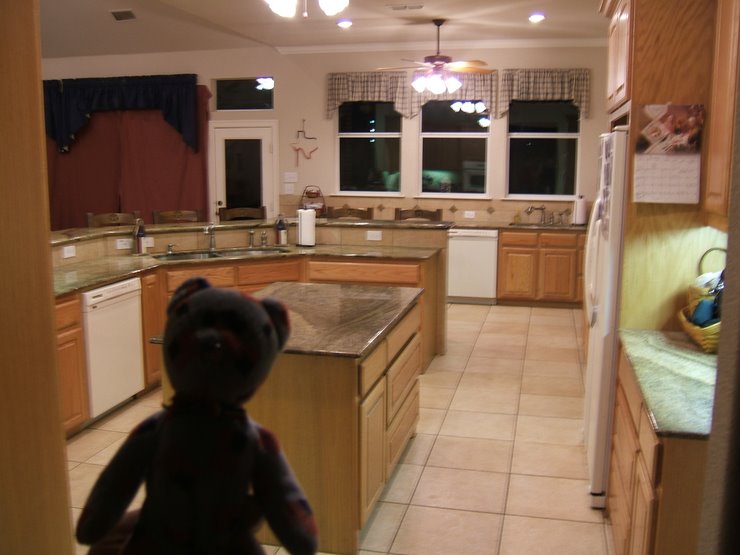
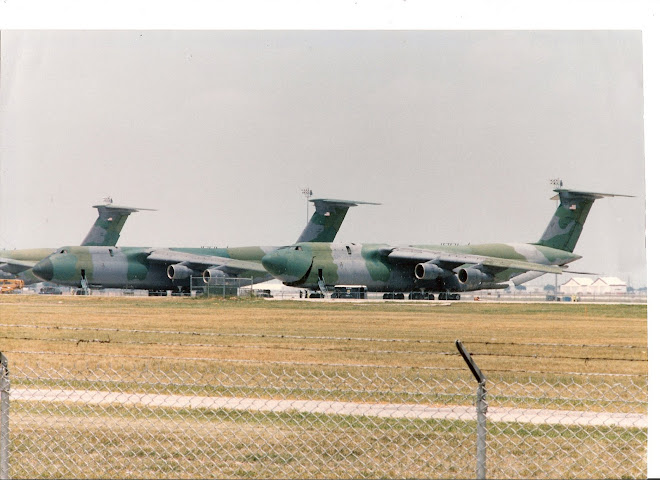
No comments:
Post a Comment